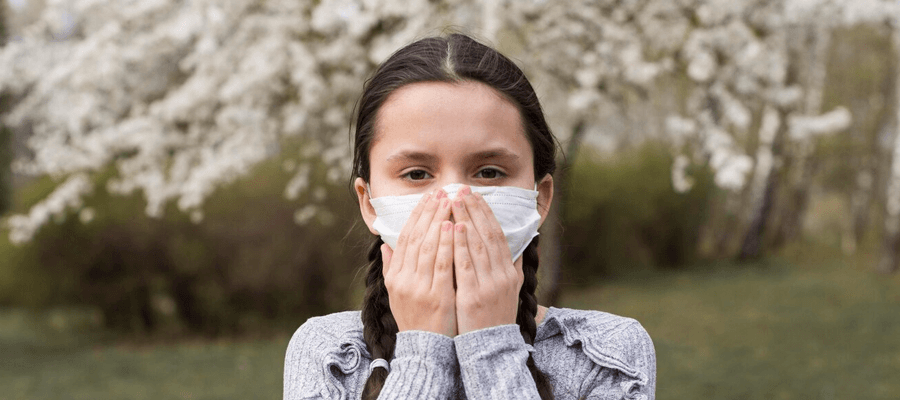Navigating the Pollen Storm: Common Mistakes in Managing Seasonal Allergies

As the flowers bloom and the trees burst into green, spring brings a sense of renewal and rejuvenation. However, for many allergy sufferers, it also marks the onset of seasonal allergies, or hay fever, characterized by sneezing, congestion, itchy eyes, and other bothersome symptoms. While managing seasonal allergies can be challenging, avoiding common pitfalls can help alleviate discomfort and improve quality of life during allergy season.
1. Ignoring Allergy Triggers:
One of the most common mistakes in managing seasonal allergies is failing to identify and avoid allergy triggers. Pollen, dust mites, pet dander, and mold are common culprits that can exacerbate allergy symptoms. By recognizing specific triggers and taking steps to minimize exposure, individuals can reduce the severity of their allergic reactions.
2. Neglecting Medication Adherence:
Another common mistake is inconsistent use of allergy medications. Many allergy sufferers only take medication when symptoms are severe, rather than adhering to a regular treatment regimen. Consistently taking prescribed allergy medications, such as antihistamines, nasal corticosteroids, and decongestants, can help prevent symptoms before they start and provide ongoing relief throughout allergy season.
3. Overlooking Environmental Control Measures:
Some allergy sufferers underestimate the importance of environmental control measures in managing their symptoms. Simple steps such as keeping windows closed during high pollen counts, using air purifiers with HEPA filters, and regularly cleaning and vacuuming can significantly reduce allergen exposure indoors. By creating a clean and allergen-free environment, individuals can minimize the impact of seasonal allergies on their daily lives.
4. Underestimating the Power of Nasal Irrigation:
Nasal irrigation, or saline nasal rinses, is a highly effective yet often overlooked tool for managing seasonal allergies. Rinsing the nasal passages with a saline solution helps remove allergens, irritants, and excess mucus, providing immediate relief from congestion and sinus pressure. Incorporating nasal irrigation into a daily hygiene routine can help allergy sufferers breathe easier and reduce reliance on medications.
5. Disregarding Allergy Testing and Immunotherapy:
Some individuals with persistent or severe allergy symptoms may dismiss the importance of allergy testing and immunotherapy, such as allergy shots or sublingual immunotherapy (allergy drops). Allergy testing can identify specific allergens triggering symptoms, allowing for targeted treatment and management strategies. Immunotherapy, which involves gradually exposing the body to allergens to desensitize the immune system, can provide long-term relief and reduce reliance on medications.
Managing seasonal allergies requires a proactive and multifaceted approach that addresses triggers, symptoms, and treatment options. By avoiding common mistakes such as ignoring allergy triggers, neglecting medication adherence, overlooking environmental control measures, underestimating nasal irrigation, and disregarding allergy testing and immunotherapy, individuals can better manage their symptoms and enjoy the beauty of spring without the burden of allergies weighing them down.





